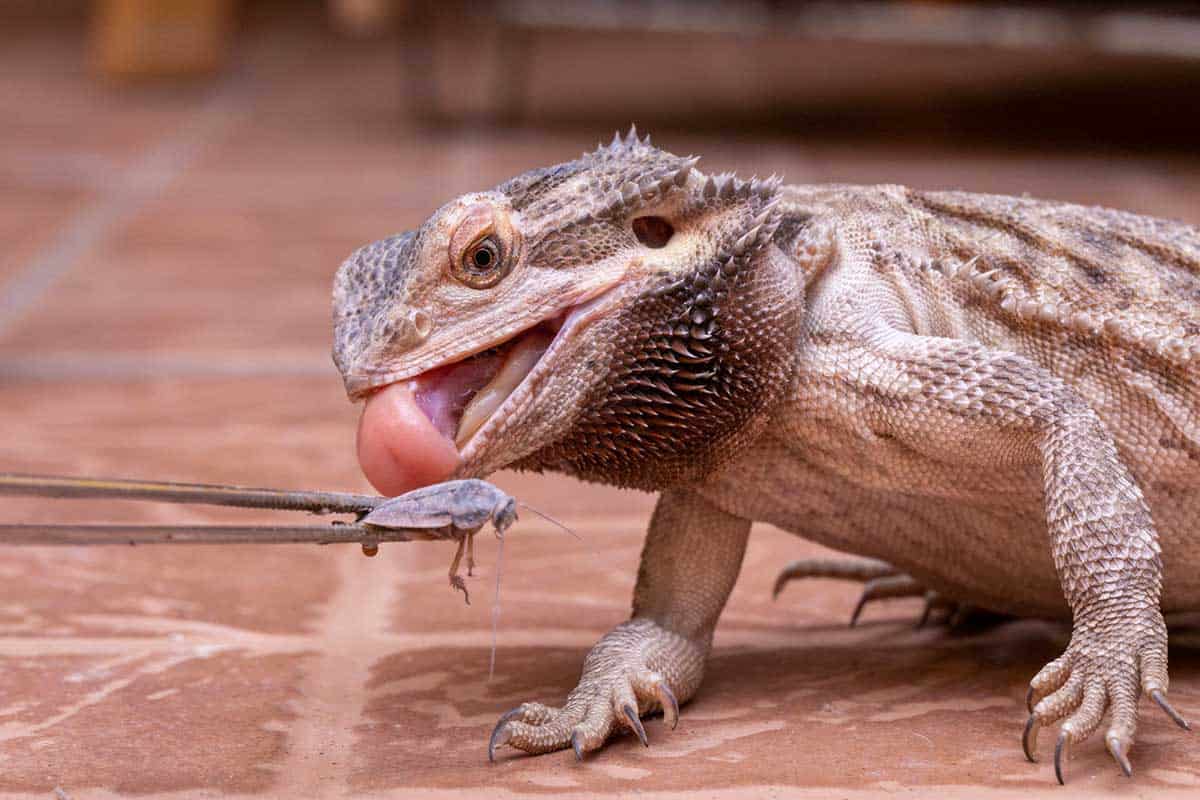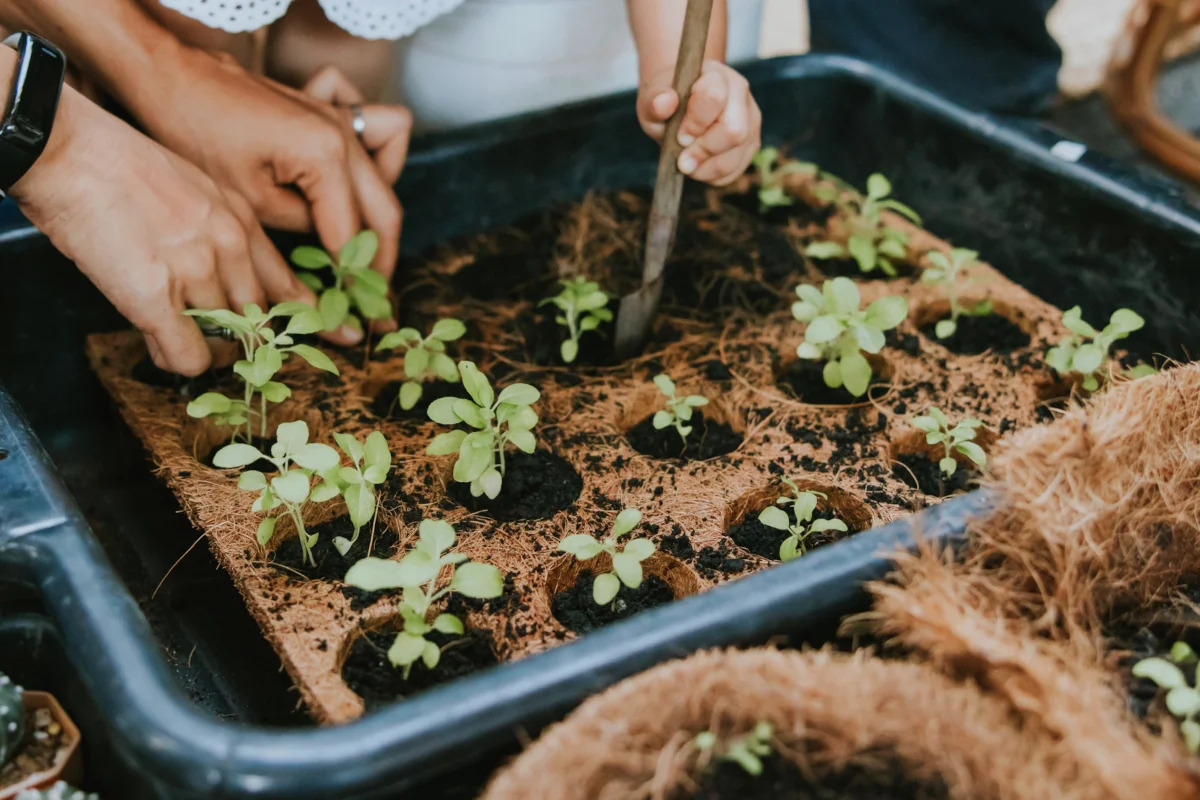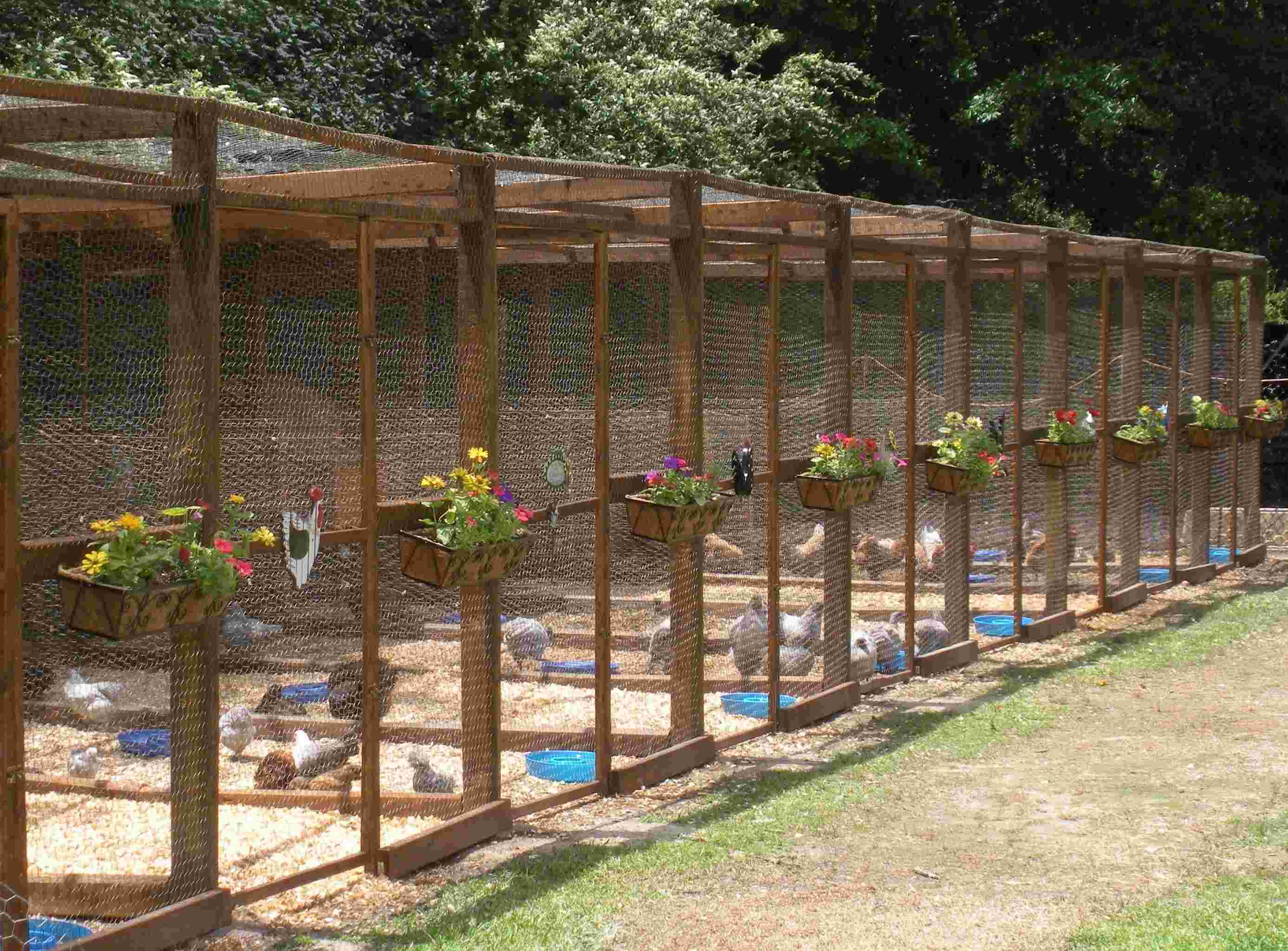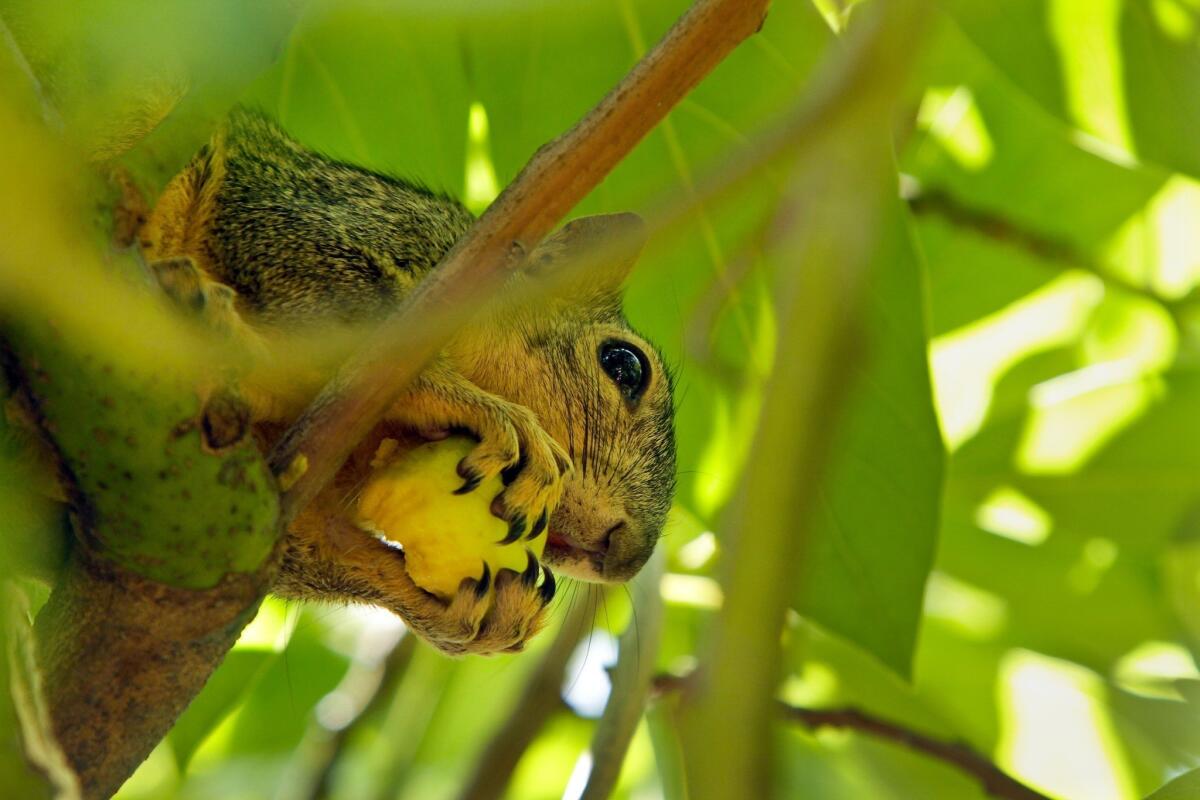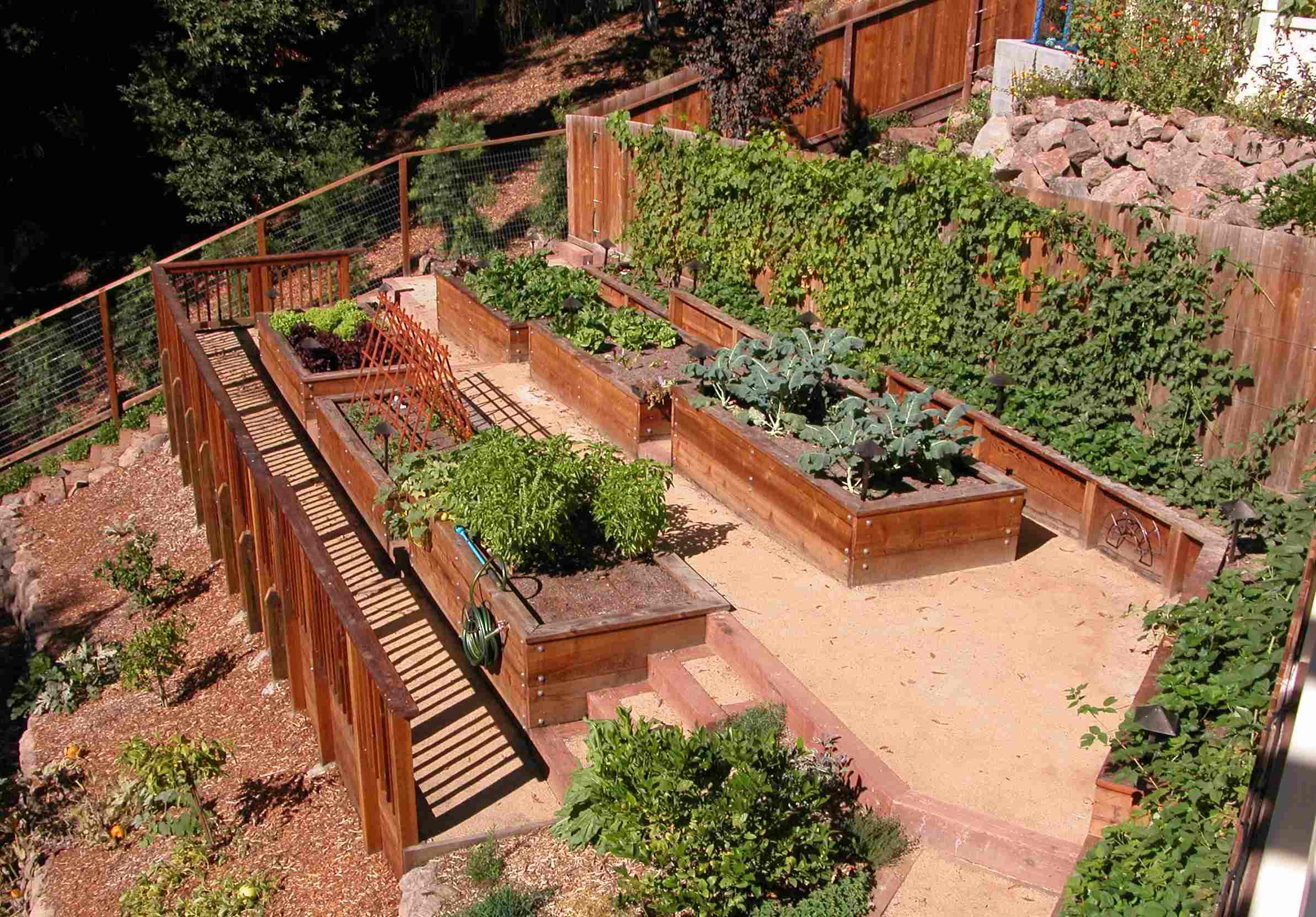Home>Gardening Tips and Tricks>What To Feed Squirrels In Backyard
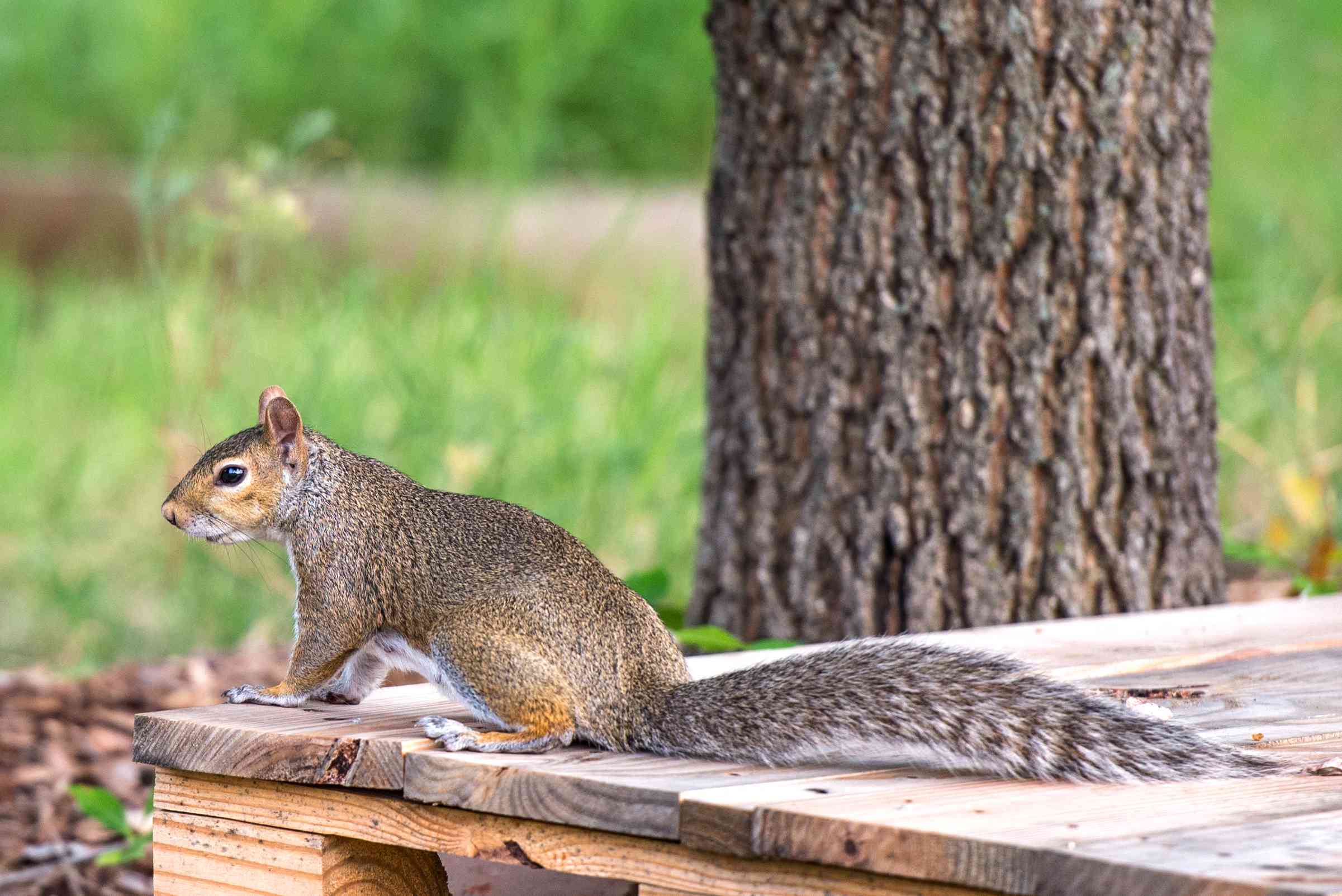

Gardening Tips and Tricks
What To Feed Squirrels In Backyard
Modified: January 22, 2024
Discover the best ways to maximize your yield in your backyard by learning what to feed squirrels. Find expert advice and tips to ensure a thriving squirrel population.
(Many of the links in this article redirect to a specific reviewed product. Your purchase of these products through affiliate links helps to generate commission for Chicagolandgardening.com, at no extra cost. Learn more)
Table of Contents
Introduction:
Welcome to the world of backyard squirrels! These adorable and lively creatures can bring a sense of joy and entertainment to your outdoor space. If you’re interested in attracting squirrels to your backyard and providing them with a nutritious diet, you’ve come to the right place.
Squirrels are known for their impressive acrobatic abilities and their love for foraging. While they can find food in their natural habitats, you can supplement their diet by offering them a variety of tasty treats in your backyard. This not only helps them meet their nutritional needs but also allows you to observe their playful antics up close.
However, it is important to note that squirrels have specific dietary requirements. Feeding them the wrong foods can result in health issues and dependency on human resources. It is essential to strike a balance between providing supplemental food and allowing squirrels to rely on their natural foraging abilities.
In this article, we will explore the best foods to feed squirrels, how to create a squirrel feeding station, and the importance of providing fresh water. We will also touch on foods to avoid, as some can be harmful to these furry friends.
So, get ready to embark on a journey that will not only enhance your backyard experience but also benefit the delightful squirrels that call it home.
Understanding Squirrels’ Dietary Needs:
Before we dive into the specific foods that squirrels enjoy, it’s important to understand their dietary needs. Squirrels are omnivores, meaning they can eat both plant-based and animal-based foods. Their diet primarily consists of nuts, seeds, fruits, vegetables, insects, and fungi.
Nuts: Nuts play a vital role in a squirrel’s diet. They are a great source of essential fats and proteins. Squirrels have strong and sharp teeth that allow them to crack open nuts such as acorns, hazelnuts, walnuts, and almonds.
Seeds: Seeds are another nutritional powerhouse for squirrels. They are packed with healthy fats, proteins, and fiber. Squirrels enjoy eating a variety of seeds, including sunflower seeds, pumpkin seeds, and sesame seeds.
Fruits and Vegetables: Squirrels have a sweet tooth and relish a wide range of fruits. They especially enjoy apples, berries, pears, and bananas. When it comes to vegetables, they are particularly fond of corn, broccoli, carrots, and kale. Offering a mix of fruits and vegetables ensures a well-rounded diet for our furry neighbors.
Insects: While it may come as a surprise, squirrels are also opportunistic insect eaters. They often supplement their diet with insects, such as grubs, caterpillars, and even small insects like ants. Insects provide squirrels with additional protein, vitamins, and minerals.
Fungi: Mushrooms and other types of fungi are a natural part of a squirrel’s diet. These fungi provide essential nutrients and have been observed to be a significant food source for ground-dwelling squirrels.
It’s worth noting that different species of squirrels may have slight variations in their dietary preferences. Gray squirrels, for example, have a fondness for acorns, while red squirrels enjoy pine cones. Observing the squirrels in your area can give you clues about their preferred food choices.
Now that we have a good understanding of what squirrels need to stay healthy and nourished, let’s move on to the specific natural foods that you can provide in your backyard to entice these furry critters.
Natural Foods for Squirrels:
When it comes to providing natural foods for squirrels, there are plenty of options to choose from. It’s important to offer a variety of foods to cater to their dietary needs and preferences. Here are some natural foods that squirrels love:
- Nuts: As mentioned earlier, nuts are a staple in a squirrel’s diet. Acorns, walnuts, hazelnuts, and almonds are highly appreciated by these little foragers. You can scatter a variety of nuts in your backyard to mimic their natural foraging experience.
- Seeds: Squirrels have a knack for seeds and enjoy munching on them. Sunflower seeds, pumpkin seeds, and sesame seeds are all popular choices. Consider placing bird feeders with seed mixes or scattering seeds on the ground for the squirrels to find.
- Fruits: Squirrels have a sweet tooth and delight in feasting on fresh fruits. Apples, berries, grapes, and cherries are all favorite choices. Hang fruit feeders or place fruit slices on elevated platforms to make them easily accessible to squirrels.
- Vegetables: Incorporating vegetables into a squirrel’s diet is beneficial for their overall health. Carrots, corn, broccoli, and leafy greens like kale are excellent choices. You can leave vegetable scraps or plant a small garden with these veggies for the squirrels to enjoy.
- Fungi: Squirrels are natural foragers and will opportunistically feed on various types of fungi. Leave some fallen logs or tree stumps in your backyard, which can provide an ideal habitat for mushrooms and other types of fungi that squirrels find enticing.
- Insects: While insects may not be on the top of your grocery list, they are a valuable source of protein for squirrels. Leaving areas of your backyard untended can encourage insects to thrive, providing squirrels with a fresh and natural food source.
Remember, it’s essential to provide these natural foods in moderation. Squirrels are resourceful creatures and should still rely on their own foraging skills to find food. Supplementing their diet with natural foods helps create a balanced environment while allowing them to maintain their natural instincts.
Now that we’ve explored the natural foods squirrels enjoy, let’s move on to the importance of providing fresh water for these furry friends.
Providing Fresh Water for Squirrels:
Just like any living creature, squirrels need access to fresh water for hydration. While they primarily obtain moisture from the foods they consume, having a water source available in your backyard is important, especially during dry and hot weather. Here are some tips for providing fresh water for squirrels:
1. Birdbaths: Installing a birdbath or shallow water dish in your backyard can serve as a refreshing water source for squirrels. Opt for a shallow dish with a rough surface to prevent squirrels from slipping. Place some rocks or sticks in the water to provide them with perches and prevent accidental drownings.
2. Water Bowls: Another simple option is to place a small water bowl on the ground. Make sure to keep it clean and refill it regularly to ensure a constant water supply. Placing the bowl near trees or shrubs can provide a sense of security for the squirrels while they drink.
3. Dripping Water: Squirrels are attracted to the sound of dripping water. Consider installing a drip system near a tree or using a drip spout extension with your outdoor faucet. The soft sound of dripping water will entice squirrels to come and drink.
4. Rainwater Collection: Utilize natural resources by setting up rain barrels or collecting rainwater in containers. Squirrels can enjoy drinking from these collected rainwater sources, and it also provides an environmentally friendly option.
5. Maintenance: Regularly clean the water source and change the water to prevent the growth of bacteria and mosquitoes. Dirty stagnant water can be harmful to squirrels and other wildlife.
By providing fresh water in your backyard, you are not only benefiting the squirrels but also creating a welcoming environment for a variety of other birds and wildlife.
Now that we’ve covered the importance of fresh water for squirrels, let’s discuss the foods that are harmful and should be avoided when feeding these little critters.
Avoiding Harmful Foods for Squirrels:
While it’s important to offer squirrels a wide array of natural and nutritious foods, there are certain foods that can be harmful to their health. Here are some foods to avoid when feeding squirrels:
- Salty Foods: Avoid feeding squirrels salty foods like chips, pretzels, or salted nuts. Excessive salt intake can lead to dehydration and other health issues.
- Sugary Foods: Squirrels have a natural sweet tooth, but sugary treats like chocolate or candy should never be fed to them. These foods can cause digestive problems and even be toxic to squirrels.
- Junk Foods: Similar to humans, squirrels should steer clear of junk foods like cookies, cakes, or salty snacks. These processed foods offer little to no nutritional value and can lead to weight gain and other health complications.
- Processed Meats: While squirrels are known to eat small insects and occasionally scavenge for small animal carcasses, feeding them processed meats like hot dogs or deli meats is not recommended. These foods are high in salt, preservatives, and unhealthy fats.
- Dairy Products: Squirrels are lactose intolerant, so it’s best to avoid feeding them dairy products. Milk, cheese, and yogurt can cause digestive issues and discomfort.
- Raw Beans and Uncooked Grains: Raw beans and uncooked grains contain toxins that can be harmful to squirrels. Make sure to cook these foods before offering them to squirrels as part of their diet.
It’s important to note that while these foods may be harmful, the occasional accidental nibble may not cause immediate harm. However, sustained consumption can lead to long-term health issues. It’s always best to stick to natural foods that mimic a squirrel’s natural diet.
Now that we know what foods to avoid, let’s move on to creating a squirrel feeding station in your backyard.
Creating a Squirrel Feeding Station:
Setting up a squirrel feeding station in your backyard is a great way to provide a dedicated area for squirrels to enjoy their meals. It also helps to keep their feeding activities separate from your bird feeders or other wildlife areas. Here are some tips on creating a squirrel feeding station:
1. Location: Choose a suitable location in your backyard for the feeding station. It should be easily accessible for you to refill and maintain, as well as safe and inviting for the squirrels.
2. Feeder Types: Use a variety of feeders to accommodate different types of food. For nuts and seeds, consider using a squirrel-proof feeder that requires them to work for their food, such as a “squirrel buster” or a container with small holes for them to reach in.
3. Platform Feeders: Squirrels love to sit and eat, so consider adding platform feeders to your station. These can be small wooden platforms or trays where you can place fresh fruits, vegetables, or even some nuts and seeds.
4. Squirrel Logs: Adding squirrel logs to your feeding station can provide them with a natural perch and a place to gnaw on nuts. Simply secure a log horizontally to a tree or a post, leaving a gap between the log and the structure.
5. Water Source: Include a small water dish or shallow birdbath near the feeding station to provide fresh water for the squirrels, as we discussed earlier.
6. Shelter and Safety: Squirrels appreciate having nearby trees or shrubs where they can feel safe and retreat if needed. Make sure to position the feeding station close to natural cover to create a sense of security for the squirrels.
7. Regular Maintenance: Keep the feeding station clean and free from spoiling food. Regularly check and refill feeders and water sources to ensure a constant supply for the squirrels.
Creating a dedicated feeding station not only provides a reliable food source for squirrels but also enhances their foraging experience and keeps them away from unwanted areas.
Now that we’ve covered how to create a squirrel feeding station, let’s move on to some additional tips to attract squirrels to your backyard.
Tips for Attracting Squirrels to Your Backyard:
If you are keen on having squirrels visit and explore your backyard, here are some helpful tips to attract these curious creatures:
- Provide Natural Habitats: Squirrels need safe and inviting habitats to thrive. Planting trees, shrubs, and other vegetation in your backyard can create a welcoming environment for them. Trees like oak, hickory, and walnut are particularly appealing to squirrels due to their nut production.
- Offer Shelter and Nesting Opportunities: Squirrels need cozy spots to build their nests, known as dreys. Install squirrel nest boxes or provide natural nesting options, such as hollow trees or well-placed birdhouses, to encourage them to stay in your backyard.
- Place Squirrel-Safe Climbing Structures: Squirrels are skilled climbers and appreciate structures that allow them to showcase their agility. Install squirrel-friendly climbing structures like tree stumps, wooden structures, or even a squirrel obstacle course to attract their attention.
- Plant Squirrel-Friendly Foods: Incorporate squirrel-friendly plants in your garden, such as sunflowers, berry bushes, and fruit trees. These plants can provide additional food sources for squirrels, encouraging them to visit your backyard regularly.
- Avoid Using Chemicals: Squirrels are sensitive to chemical pesticides and herbicides. Opt for natural gardening methods to keep your backyard free from harmful chemicals. This not only benefits the squirrels but also promotes a healthier ecosystem.
- Keep Dogs and Cats Indoors: Squirrels are cautious around predators, including domestic pets. If you have dogs or cats, make sure to supervise them when they are outdoors or consider keeping them indoors to create a safer environment for the squirrels.
- Be Patient: Attracting squirrels to your backyard may take some time. It’s important to be patient and provide a consistent food and water source. Over time, squirrels will associate your backyard with a reliable food supply and make it a regular stop on their foraging routes.
By implementing these tips, you can create an inviting and squirrel-friendly environment that will attract these playful creatures to your backyard. Sit back, relax, and enjoy watching their entertaining antics.
Now that we’ve explored ways to attract squirrels to your backyard, let’s conclude this article with a few key takeaways.
Conclusion:
Creating a backyard haven for squirrels not only adds a touch of nature to your outdoor space but also provides these delightful creatures with a reliable food and water source. Understanding their dietary needs and offering a variety of natural foods like nuts, seeds, fruits, vegetables, insects, and fungi is key to keeping them healthy and happy.
When setting up a squirrel feeding station, consider the location, types of feeders, and the inclusion of a water source. Creating a safe and inviting environment with shelter and natural cover will encourage squirrels to visit and make your backyard their home.
However, it’s important to avoid feeding squirrels harmful foods like salty snacks, sugary treats, processed meats, dairy products, raw beans, and uncooked grains. These foods can lead to health complications and should be replaced with natural and nutritious options.
By following the tips in this article, you can attract squirrels to your backyard and enjoy the playful entertainment they bring. Patience is key, as it may take time for squirrels to trust and frequent your feeding station. With time, you’ll be rewarded with the sight of these charismatic creatures scavenging and enjoying the provisions you’ve provided.
Remember to always maintain the feeding station, keep it clean, and replenish the food and water regularly. Respect their natural instincts and allow them to continue foraging for their own food, while providing supplemental nourishment when necessary.
Sit back, relax, and enjoy the sight of squirrels exploring and indulging in the natural foods you’ve provided. Your backyard will be transformed into a lively ecosystem that not only benefits these furry friends but also brings you closer to the wonders of nature.
So go ahead, create a squirrel-friendly paradise in your backyard, and experience the joy and marvel of these fascinating creatures.
